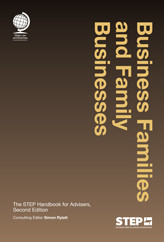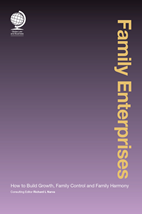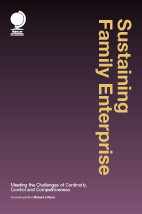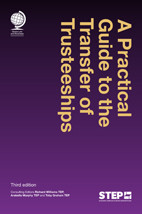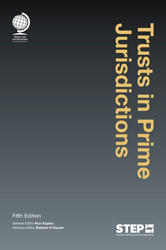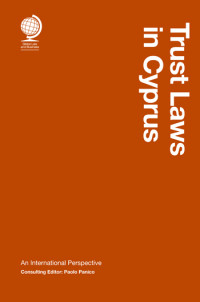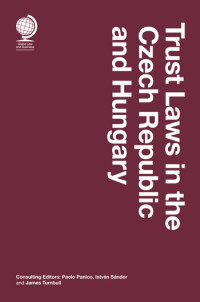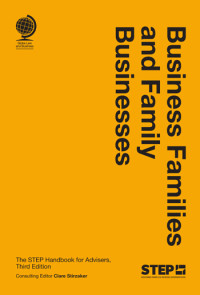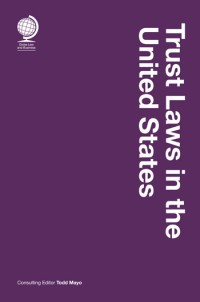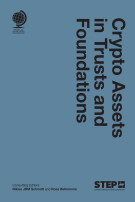
Consulting editor(s): Simon Rylatt, Boodle Hatfield
Publication date: Jun 2018
Format: Hardback
Pages: 319
Price: £130.00
ISBN: 9781787421646
How our eBook platform works
How permanent access, multi-user eBooks work
Review for first edition - The STEP Handbook will undoubtedly become required reading for advisors across the disciplines such as the trust and legal, accounting, HR and other professions who set out to deliver high standards of service for their family business clients
,
This second edition of Business Families and Family Businesses is much to be welcomed. It’s an essential reference book for any adviser in this rather neglected but vital sector of the economy. This edition not only provides technical and compliance guidance, but its diverse range of contributors give historical and international context which illustrate the key issues. I particularly enjoyed the inclusion of many case histories that bring life to both the challenges and solutions which families have encountered as businesses pass through the generations. It’s extremely well edited and organised by topic and specialism, and I recommend it unreservedly.
,
The resilience of family businesses has been evident from their success over centuries and across continents. It remains common for practitioners to advise families whose principal source of wealth is or has been a successful family enterprise, and to provide guidance on the specific and complex relationships and issues that arise in this context.
This new edition, edited by the Society of Trust and Estate Practitioners (STEP), features chapters by leading practitioners in the field, including the Family Firm Institute, Schroders, Boodle Hatfield and SandAire, Kleinwort Hambros, Dixon Wilson and Rathbones. The book considers what makes business families and family businesses unique, and examines the issues that advisers are often called upon to consider and address when assisting them. It helps practitioners to deepen their understanding of how families operate, and to develop the skills and knowledge necessary to advise on such complex areas as conflicts between working and non-working family members, ownership structure, succession, wealth management, governance and meeting a family’s philanthropic objectives.
The guide provides a comprehensive handbook for all practitioners who advise business families, including lawyers, accountants, financial advisers and wider family business advisers.




